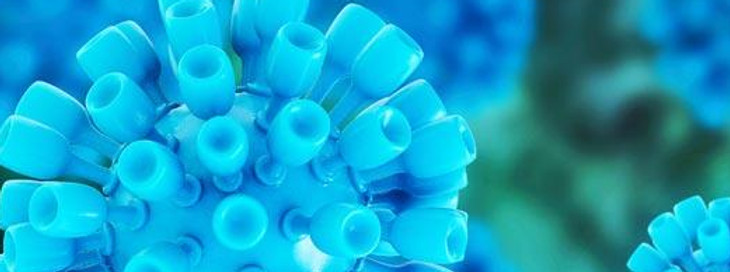
DahariLAB
Mathematical/Computational Virology & Medicine
Machine learning for mathematical models of HCV kinetics during antiviral therapy
Abstract
Mathematical models for hepatitis C virus (HCV) dynamics have provided a means for evaluating the antiviral effectiveness of therapy and estimating treatment outcomes such as the time to cure. Recently, a mathematical modeling approach was used in the first proof-of-concept clinical trial assessing in real-time the utility of response-guided therapy with direct-acting antivirals (DAAs) in chronic HCV-infected patients. Several retrospective studies have shown that mathematical modeling of viral kinetics predicts time to cure of less than 12 weeks in the majority of individuals treated with sofosbuvir-based as well as other DAA regimens. A database of these studies was built, and machine learning methods were evaluated for their ability to estimate the time to cure for each patient to facilitate real-time modeling studies. Data from these studies exploring mathematical modeling of HCV kinetics under DAAs in 266 chronic HCV-infected patients were gathered. Different learning methods were applied and trained on part of the dataset (‘train’ set), to predict time to cure on the untrained part (‘test’ set). Our results show that this machine learning approach provides a means for establishing an accurate time to cure prediction that will support the implementation of individualized treatment.
Alexander Churkin, Stephanie Kriss, Asher Uziel, Ashish Goyal, Rami Zakh, Scott J. Cotler, Ohad Etzion, Amir Shlomai, Horacio G. Rotstein, Harel Dahari, Danny Barash
Partnerships that get results: Global. Fluid. Connected. Join Us!

